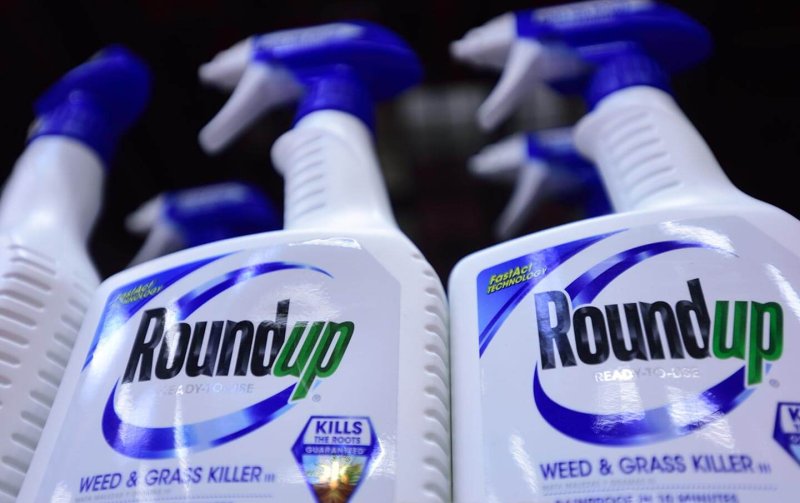Glyphosate, the herbicide that has revolutionized weed control since its introduction in 1974, faces steadily increasing restrictions and in some cases outright bans in various countries around the world.
That situation is putting pressure on farmers to find alternative measures of weed control. Though there is increased emphasis now on developing new modes of action in herbicides, the loss of glyphosate in the weed control arsenal would be a major blow, said weed scientist Hugh Beckie.
…
“Yes, we’re seeing a resurgence in herbicide discovery, but it’s still going to be not what it was in the ’50s, ’60s and ’70s, the heydays of the chemical era,” Beckie told those at the December Farming Smarter conference in Lethbridge.
…
Australian farmers have been battling them for years but are able to remain profitable by using an array of management tools, he said. Among those is the use of “crop topping,” in which peraquat or glyphosate are sprayed pre-harvest to reduce weed seed set and to desiccate the crop.
“Harvest weed seed control, we call that the holy grail of weed management, and that’s really kept a lot of growers in Australia in business when times were tough,” Beckie said.
Read full, original article: Agriculture contemplates life without glyphosate































